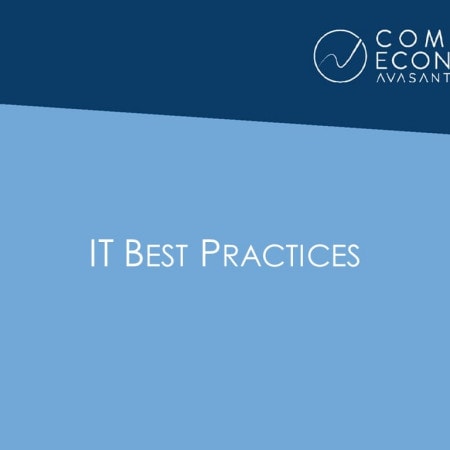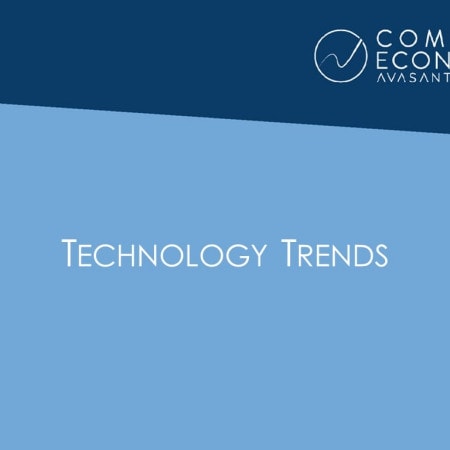-

Data Migration Requires Process, Tools, and Expertise
While many aspects of data migration are technical in nature, managing the conversion of data from one form to another should not be left to technicians. Without proper oversight, failures in data migration can cause project cost and schedule overruns, as well as quality problems with far-reaching effects. In this report, we provide an overview of the data migration process and the related issues that managers need to address. We also examine some of open source tools that can help to automate the task. Finally, we conclude with our recommendations for ensuring a smooth data migration process. (4 pp., 3 figs.)[Executive Summary]
April, 2008
-

Moving Data in the Enterprise
Capturing changes to business data and propagating those changes to other repositories is fundamental to a broad range of technology and business issues. It is key to customer relationship management (CRM) and single view of customer applications, data warehouse deployments, and to business continuity and disaster recovery scenarios. Similarly, there are numerous ways to move data between enterprise applications and data stores. This article looks closely at data movement technology and its application versus some of the alternatives such as ETL and EAI. Clearly, all these technologies come under the category of integration, which is key to solving many business problems today. Click here to purchase. - $95
November, 2004
-

Guiding Successful Business Intelligence Initiatives
Today, enterprises rely on many systems to run the business: SCM, ERP, CRM, POS systems, call centers, and e-commerce and online customer touch-points. Each of these systems produces volumes of data about customers, transactions, sales, inventory, and human resources. The problem becomes how to amass this data and turn it into actionable information for decision makers across the enterprise. This is the focus of the business intelligence (BI) environment, enabling an enterprise to wring greater business insight from the increasing volumes of data. This article looks at the technology that drives the business case for BI and at how this technology is integrated into business decision making.
November, 2004
-

Does Your Business Need a Data Warehouse?
Business managers have long struggled to have the right information to make the right business decision at the right moment. In fact, many of todayâs household retail namesâStarbucks, Amazon, Wal-Mart, Best Buy, Home Depotâattribute their ability to understand customer behavior and respond quickly to changes in buying patterns to their data warehouse deployments. You canât get the global view of the business that you need to make decisions from transactional systems. Click here to purchase. - $195 (USD)
February, 2004
